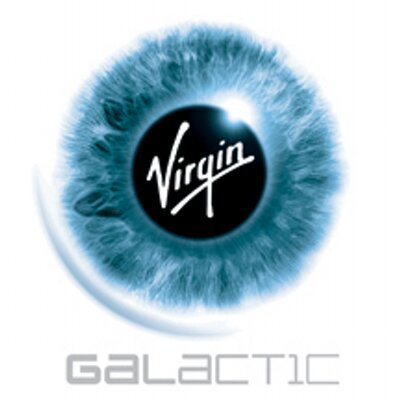Space tourism is space travel for recreational, leisure or business purposes. To date only orbital space tourism has taken place provided by the Russian Space Agency, although work continues developing sub-orbital space tourism vehicles by Blue Origin and Virgin Galactic. In addition, SpaceX announced in 2017 that they are planning on sending two space tourists on a lunar free return trajectory in 2018 aboard their Dragon V2 spacecraft launched by the Falcon Heavy rocket.
The publicized price for flights brokered by Space Adventures to the International Space Station aboard a Russian Soyuz spacecraft have been US$20–40 million, during the period 2001–2009 when 7 space tourists made 8 space flights. Some space tourists have signed contracts with third parties to conduct certain research activities while in orbit.
Russia halted orbital space tourism in 2010 due to the increase in the International Space Station crew size, using the seats for expedition crews that would have been sold to paying spaceflight participants.Orbital tourist flights were set to resume in 2015 but one planned was postponed indefinitely and none have occurred since 2009.
As an alternative term to "tourism", some organizations such as the Commercial Spaceflight Federation use the term "personal spaceflight". The Citizens in Space project uses the term "citizen space exploration"

Orbital space tourism
By 2007, space tourism was thought to be one of the earliest markets that would emerge for commercial spaceflight.:11 However, as of 2014 this private exchange market has not emerged to any significant extent.
Space Adventures remains the only company to have sent paying passengers to space. In conjunction with the Federal Space Agency of the Russian Federation and Rocket and Space Corporation Energia, Space Adventures facilitated the flights for all of the world's first private space explorers. The first three participants paid in excess of $20 million (USD) each for their 10-day visit to the ISS.
On January 12, 2011, Space Adventures and the Russian Federal Space Agency announced that orbital space tourism would resume in 2013 with the increase of manned Soyuz launches to the ISS from four to five per year. However, this has not materialized, and the current preferred option, instead of producing an additional Soyuz, would be to extend the duration of an ISS Expedition to one year, paving the way for the flight of new spaceflight participants. The British singer Sarah Brightman initiated plans (costing a reported $52 million) and participated in preliminary training in early 2015, expecting to then fly (and to perform while in orbit) in September 2015, but in May 2015 she postponed the plans indefinitely.
Companies Working On Space tourism to become a reality

.jpg)

List of flown space tourists
Proposed orbital ventures
-Boeing is building the CST-100 Starliner capsule as part of the CCDev program and intends to fly tourists.[citation needed] The
CST-100 is planned to be launched by an Atlas V rocket.
Space Adventures Ltd. have announced that they are working on DSE-Alpha, a circumlunar mission to the moon, with the
price per passenger being $100,000,000.
Several plans have been proposed for using a space station as a hotel
.jpg)
-American motel tycoon Robert Bigelow has acquired the designs for inflatable space habitats from the Transhab program
abandoned by NASA. His company, Bigelow Aerospace, has already launched two first inflatable habitat modules. The first,
named Genesis I, was launched July 12, 2006. The second test module, Genesis II, was launched June 28, 2007. Both Genesis
habitats remain in orbit as of March 2012. The BA 330, an expandable habitation module with 330 cubic meters of internal
space, is expected to be ready for launch by 2017. In 2004, Bigelow Aerospace established a competition called America's
Space Prize, which offered a $50 million prize to the first US company to create a reusable spacecraft capable of carrying
passengers to a Nautilus space station. The prize expired in January 2010 without anyone making a serious effort to win it.
The Space Island Group have set out plans for their Space Island Project, and plans on having 20,000 people on their "space
island" by 2020, with the number of people doubling for each decade.

Hi! I am a robot. I just upvoted you! I found similar content that readers might be interested in:
https://en.wikipedia.org/wiki/Space_tourism
Congratulations @avinash190! You have received a personal award!
Click on the badge to view your Board of Honor.
Congratulations @avinash190! You received a personal award!
You can view your badges on your Steem Board and compare to others on the Steem Ranking
Do not miss the last post from @steemitboard:
Vote for @Steemitboard as a witness to get one more award and increased upvotes!